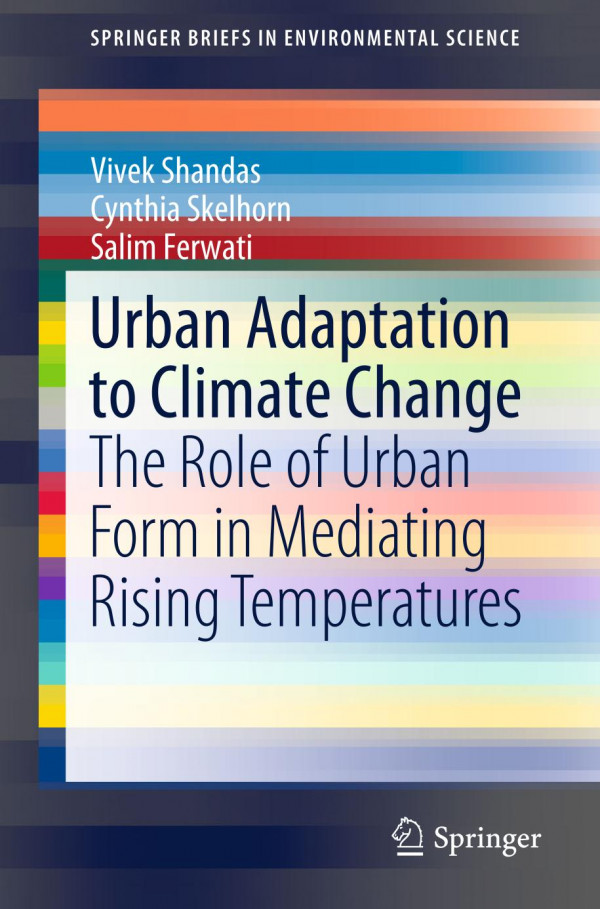

Most ebook files are in PDF format, so you can easily read them using various software such as Foxit Reader or directly on the Google Chrome browser.
Some ebook files are released by publishers in other formats such as .awz, .mobi, .epub, .fb2, etc. You may need to install specific software to read these formats on mobile/PC, such as Calibre.
Please read the tutorial at this link: https://ebookbell.com/faq
We offer FREE conversion to the popular formats you request; however, this may take some time. Therefore, right after payment, please email us, and we will try to provide the service as quickly as possible.
For some exceptional file formats or broken links (if any), please refrain from opening any disputes. Instead, email us first, and we will try to assist within a maximum of 6 hours.
EbookBell Team

4.8
84 reviewsThis book presents the findings of a three-year study on urban heat in Doha, Qatar, and discusses guidelines and strategies for planning agencies to consider in the context of moderating temperatures to provide pedestrians with greater access to outdoor spaces and greater choice in modes of transport. If modifying urban form can reduce extreme temperatures in one of the hottest places on the planet, then perhaps other communities can learn how to create livable cities during a time of rapid changes to the climate. In fact, despite the periods of extreme heat, strategic planning and management of urban areas can improve residents’ and visitors’ ability to live, work, and move throughout the city comfortably.
Doha, Qatar, a city with one of the most extreme climates on earth, has undergone rapid development over the past 40 years. Although cities in the Middle East are expanding at three times the international average (UN Report, 2012), the rapid population and physical growth remain largely unexamined, particularly in terms of the unique conditions, qualities, and characteristics that give rise to these emerging centres. Speed, quality, and extent of urbanization impact neighbourhood-scale environmental conditions, and this book provides evidence that urban forms and materials can help to mediate temporal variation in microclimates and that landscape modifications can potentially reduce temperatures and increase accessibility to outdoor environments. By applying the lessons in this book, communities around the world can better adapt to the increasing frequency, duration and intensity of extreme heat.